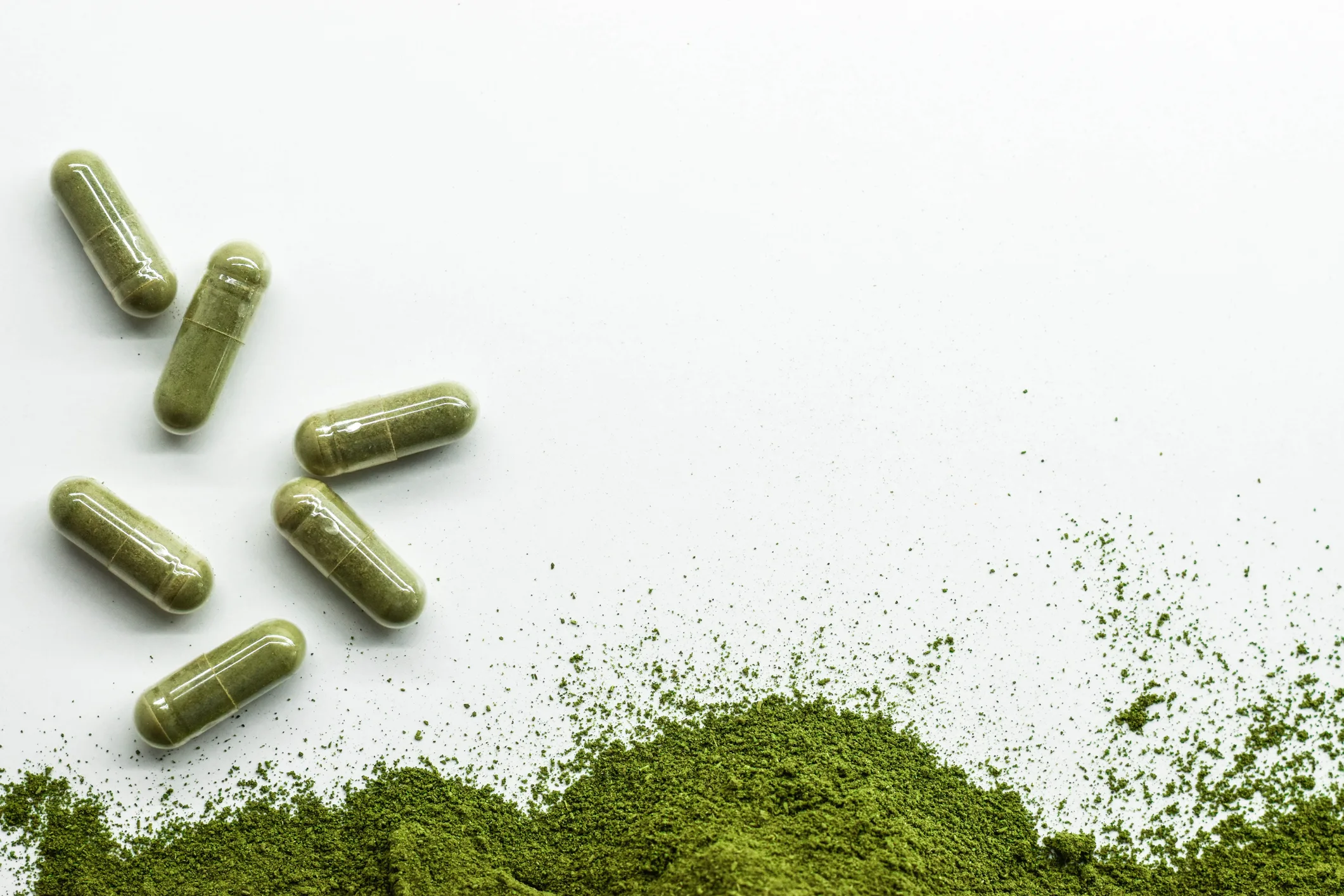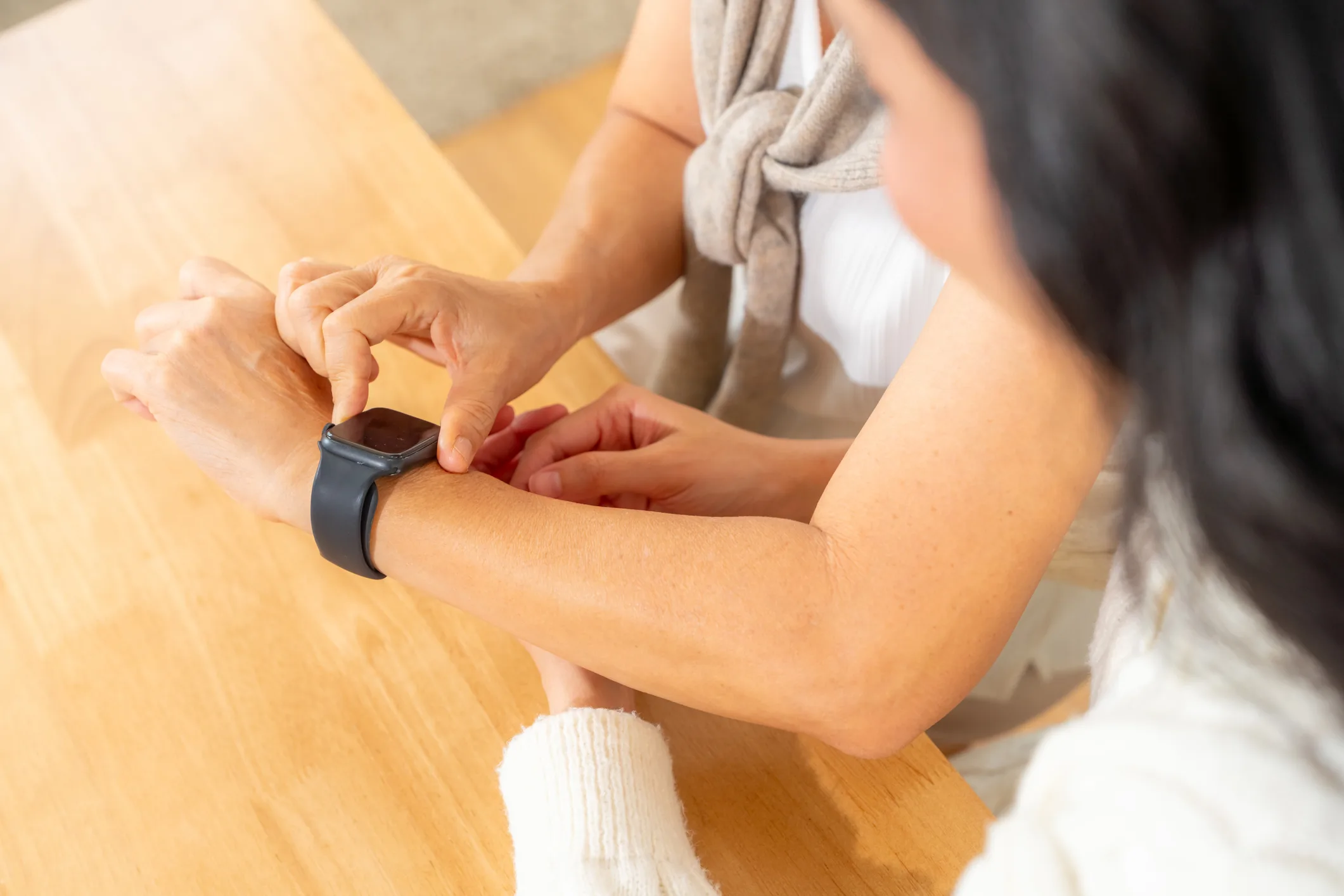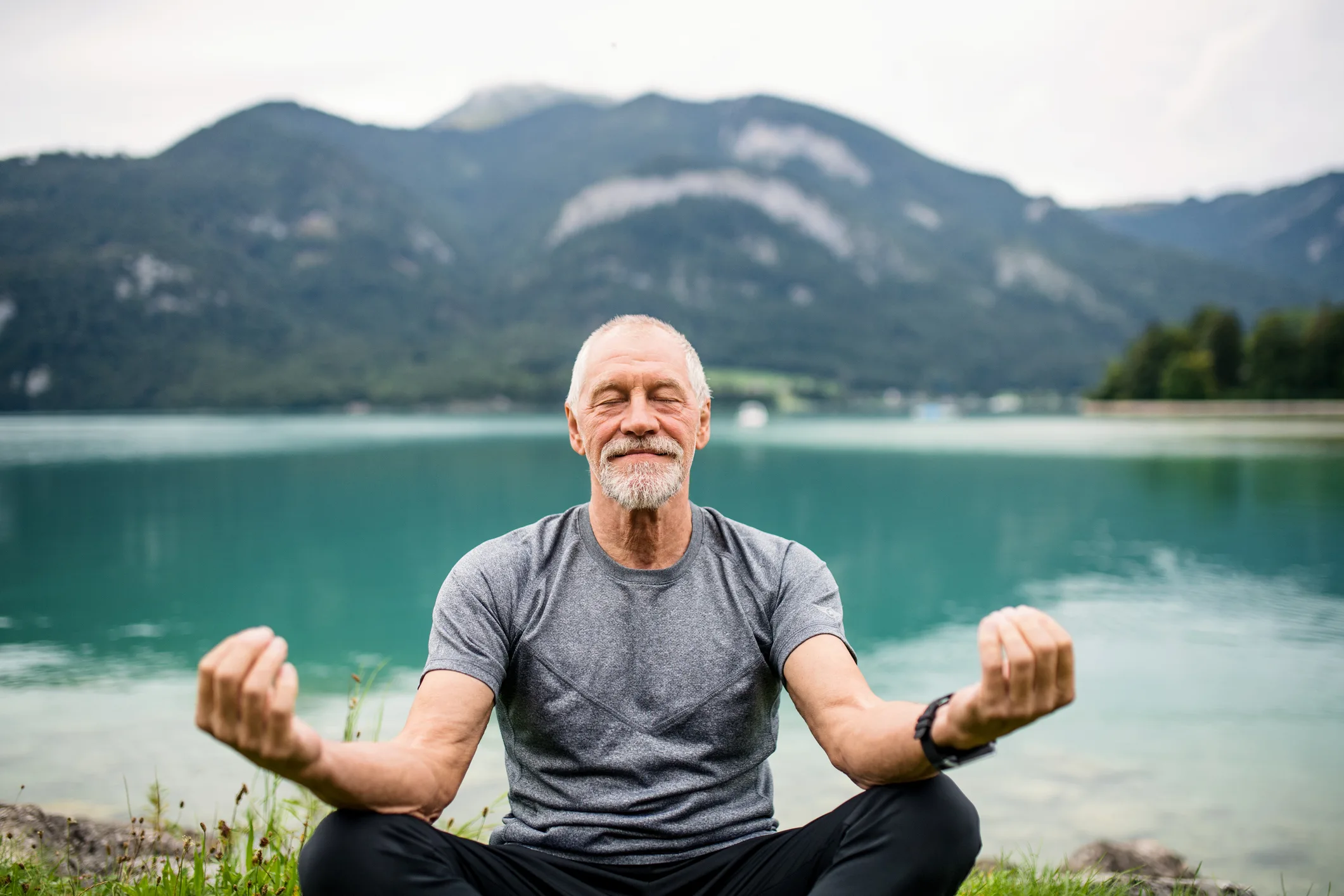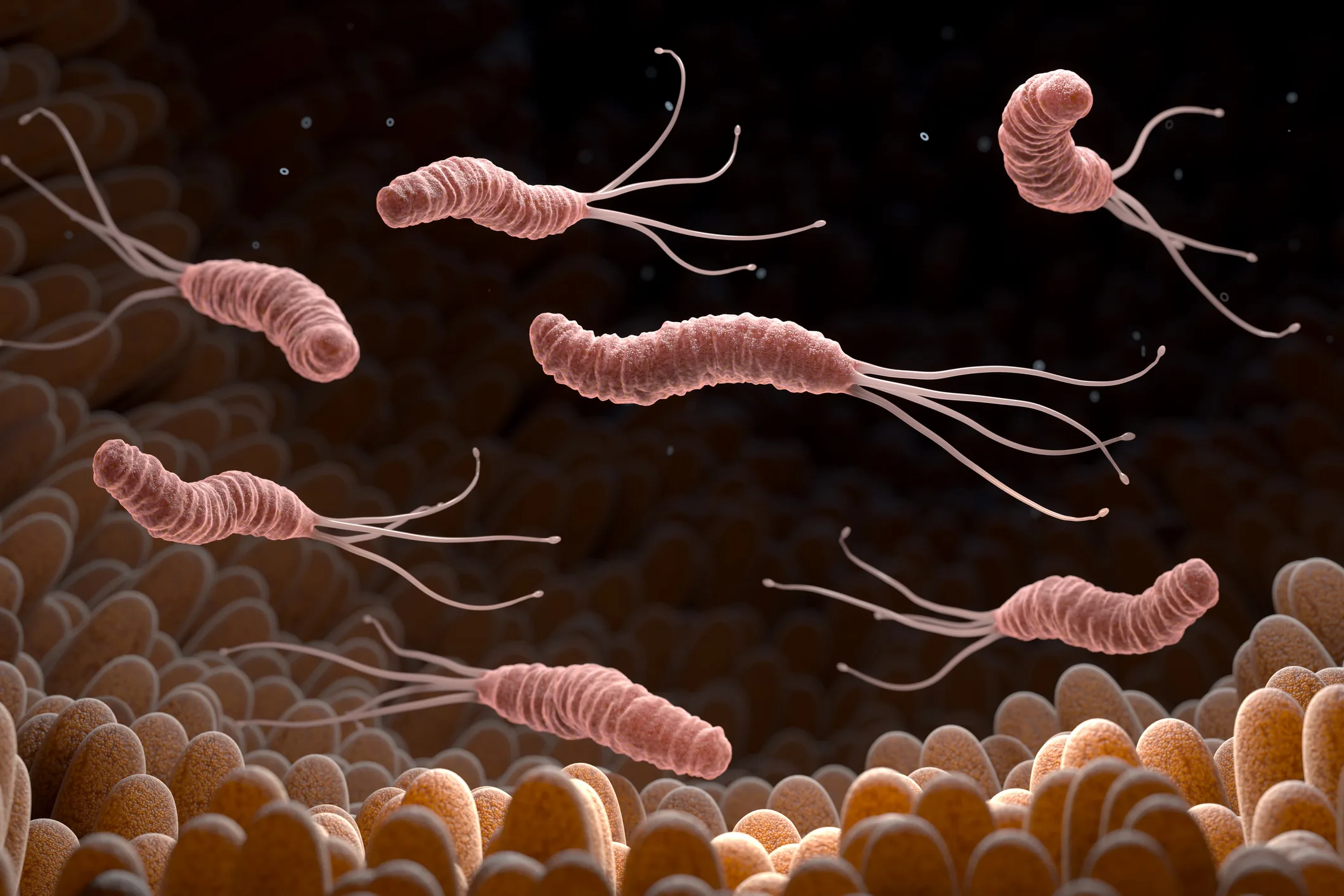Hitting 50 is a milestone in many ways. How your body responds to exercise is one of them. A team of researches at Tufts University provided a scientific explanation as to why our bodies and muscles do not respond to exercise post-50 as they did pre-50.
What the research shows
It turns out the biological processes that turn exercise into muscle becomes less effective once we hit 50. While the basic biology of all people, young or old, is more or less the same, research shows that in a young muscle, a little bit of exercise produces a strong signal for the many processes that trigger muscle growth. Whereas in older people, the signal telling muscles to grow is much weaker for a given amount of exercise. These changes begin to occur when a person reaches around 50 years old and become more pronounced as time goes on.
The research team was also able to determine that in addition to changes in signaling, our genes also change in response to exercise as we age. When younger men exercise, there are changes in the expression of more than 150 genes. When they looked at older men, they found changes in the expression of only 42 genes. This difference in gene expression seems to explain, at least partly, the more visible variation between how young and old people respond to strength training.
Conclusion
The conclusion is older people do not gain muscle mass as well as young people. Surprise! 🙄
But honestly, once you hit 50, the goal isn’t to gain muscle mass. The goal is not to lose the muscle mass you already have! So start getting busy! If you can look at yourself in the mirror when you’re 60 or 70 and say “damn, I look as good as I did when I was 50” you’ve met your goal! 🙂
Source:











